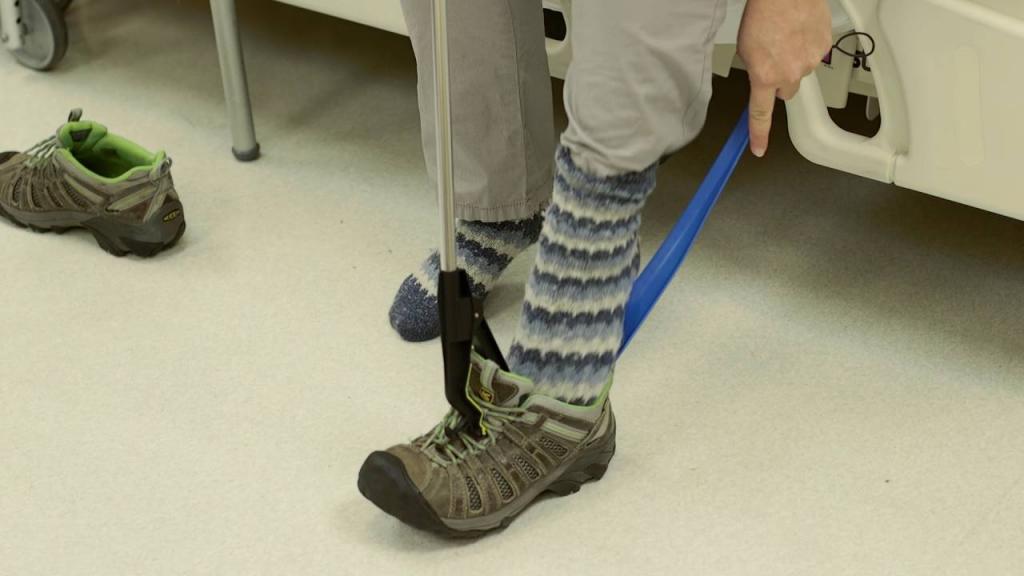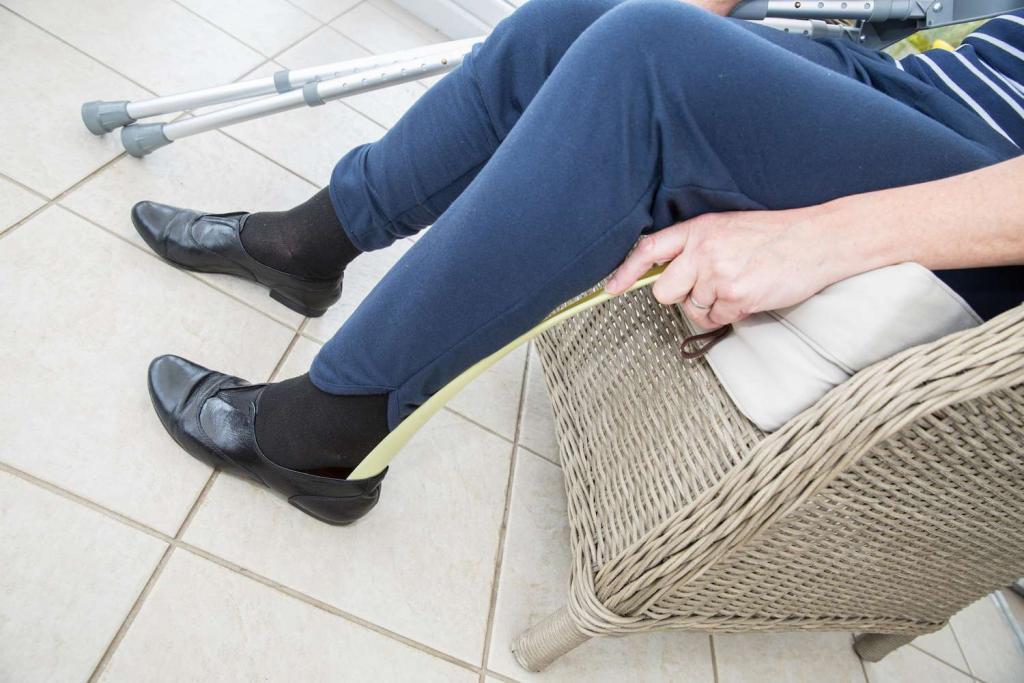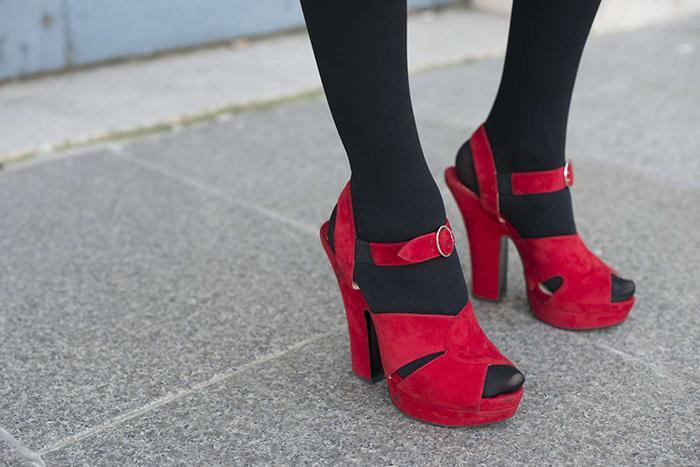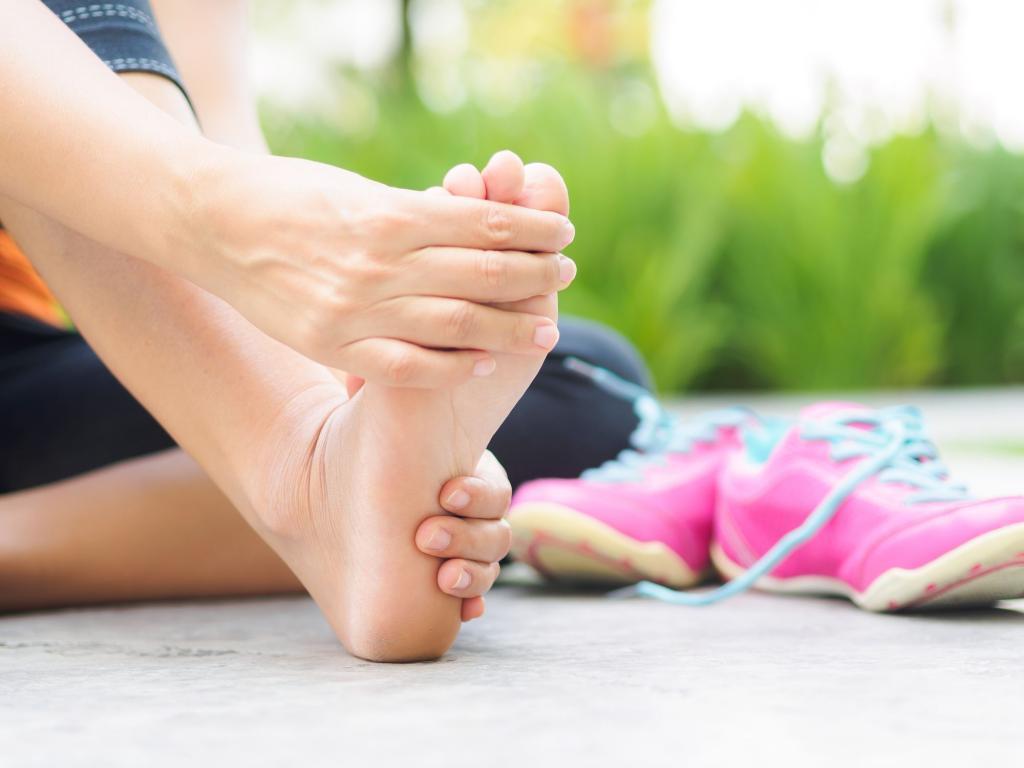Hip replacement surgery is a life-changing procedure for many individuals, offering renewed mobility and relief from chronic pain. With the healing process comes numerous precautions to ensure proper recovery, one of which is that bending down to tie your shoes can pose a challenge after surgery.
Knowing when you’ll be able to perform this seemingly simple task again is essential in setting realistic expectations for your postoperative journey.
You Are Watching: How Long After Hip Replacement Can I Tie My Shoes Updated 02/2025
In this blog post, we’ll discuss the timeline for tying your own shoes after undergoing hip replacement surgery, as well as some helpful tips on how you can safely resume this everyday activity.

Recovery Period After Hip Replacement Surgery
Following hip precautions and allowing for proper healing time is important after hip replacement surgery.
Importance Of Following Hip Precautions
As a fellow shoe lover, I understand the excitement of slipping on your favorite pair of kicks and effortlessly tying those laces. However, after undergoing hip replacement surgery, it’s crucial to prioritize healing by adhering to specific hip precautions set forth by your healthcare team.
Read More : How Long After Toenail Removal Can I Wear Shoes Updated 02/2025
One primary precaution is to avoid bending at the waist beyond 90 degrees for at least 6-12 weeks post-surgery — yes, that includes when you’re attempting to tie your shoes! Moreover, crossing your legs and twisting motions should be avoided during this time because they can apply unnecessary strain on the healing tissues surrounding your prosthesis.
It’s worth noting that patients who have had direct anterior approach hip replacement surgery might not face these same restrictions; however, always follow whatever advice provided by the medical professionals in charge of your recovery.
Timeframe For Healing
The timeframe for complete recovery may vary from individual to individual and can last anywhere between 4 and 12 weeks. Factors such as age, physical fitness level before surgery, and adherence to rehabilitation exercises all play a significant role in determining your specific surgical recovery time.
Most patients find they can resume normal walking and daily activities within the first 3-6 weeks of their rehabilitation process.
When Can You Tie Your Shoes After Hip Replacement Surgery?

After hip replacement surgery, it’s important to avoid bending and certain body actions for up to 6-8 weeks. But when can you finally tie your shoes again? Factors like the type of surgery and individual physical status can affect recovery time, but on average, patients are able to tie their shoes around 7-9 weeks after surgery.
Factors That Affect Recovery Time
Read More : Can You Wear Open Toe Shoes In The Winter Updated 02/2025
Several factors influence the recovery time, allowing us to confidently tie our shoes without discomfort. These include:
- Type of hip replacement surgery: The specific method your surgeon uses can impact recovery time. For instance, posterior hip replacements may require a more extended healing period than other techniques.
- Individual healing rate: Each person recovers at their own pace – some patients may heal faster than others, depending on factors like age and overall health.
- Physical therapy and rehabilitation: Participating in a structured physical therapy program post-surgery can significantly reduce recovery time by strengthening the muscles surrounding the replaced joint and improving flexibility.
- Adherence to hip precautions: Following your surgeon’s guidelines for proper movement and care after surgery will minimize the risk of complications and ensure a smoother healing process.
- Type of incision used: Surgeons often use different incisions based on the patient’s needs, which can affect recovery time and flexibility during the healing process.
- Presence of underlying health conditions: Existing medical conditions, such as diabetes or poor circulation, may slow down the healing process or increase the risk of complications post-surgery.
By considering these factors and working closely with your healthcare team, you’ll be back to putting on those stylish shoes with ease before you know it!
Average Time It Takes To Tie Shoes After Surgery
On average, it takes about 4 to 16 weeks after surgery before you can safely bend down and tie your own shoes.
However, recovery time varies depending on the type of surgery and individual factors such as age and overall health. Posterior hip replacement patients may have an 8 week limit on tying their own shoes bending forward at the waist while anterior patients might recover faster.
Tips For Safely Tying Your Shoes After Hip Replacement Surgery
- Sit in a stable and comfortable chair: Choose a chair with good support and armrests that can help you maintain your balance while you tie your shoes.
- Use a long shoe horn: A long shoe horn can help you slip your foot into the shoe without bending over or twisting.
- Avoid crossing your legs: Crossing your legs puts unnecessary pressure on the hip joint and can be especially dangerous after surgery. Try to keep both feet firmly planted on the ground while tying your shoes.
- Use Velcro or slip-on shoes: If possible, opt for shoes with Velcro fastenings or slip-on styles that eliminate the need for laces altogether.
Remember, it’s important to listen to your body during recovery and avoid pushing yourself too hard too soon. Take things slowly and follow the advice of your doctor or physical therapist as they guide you through the healing process.
Conclusion
Tying your shoes after hip replacement surgery may take some time and patience. It is important to follow the recommended precautions and give your body time to heal properly.
While there is no set timeline for when you can tie your shoes again, it typically takes around 7-9 weeks after surgery. Remember that every individual’s healing process is unique, so it’s crucial to listen to your body and not rush into any activities that could cause harm.
Sources: https://www.centuryinshoes.com
Category: Foot Care


